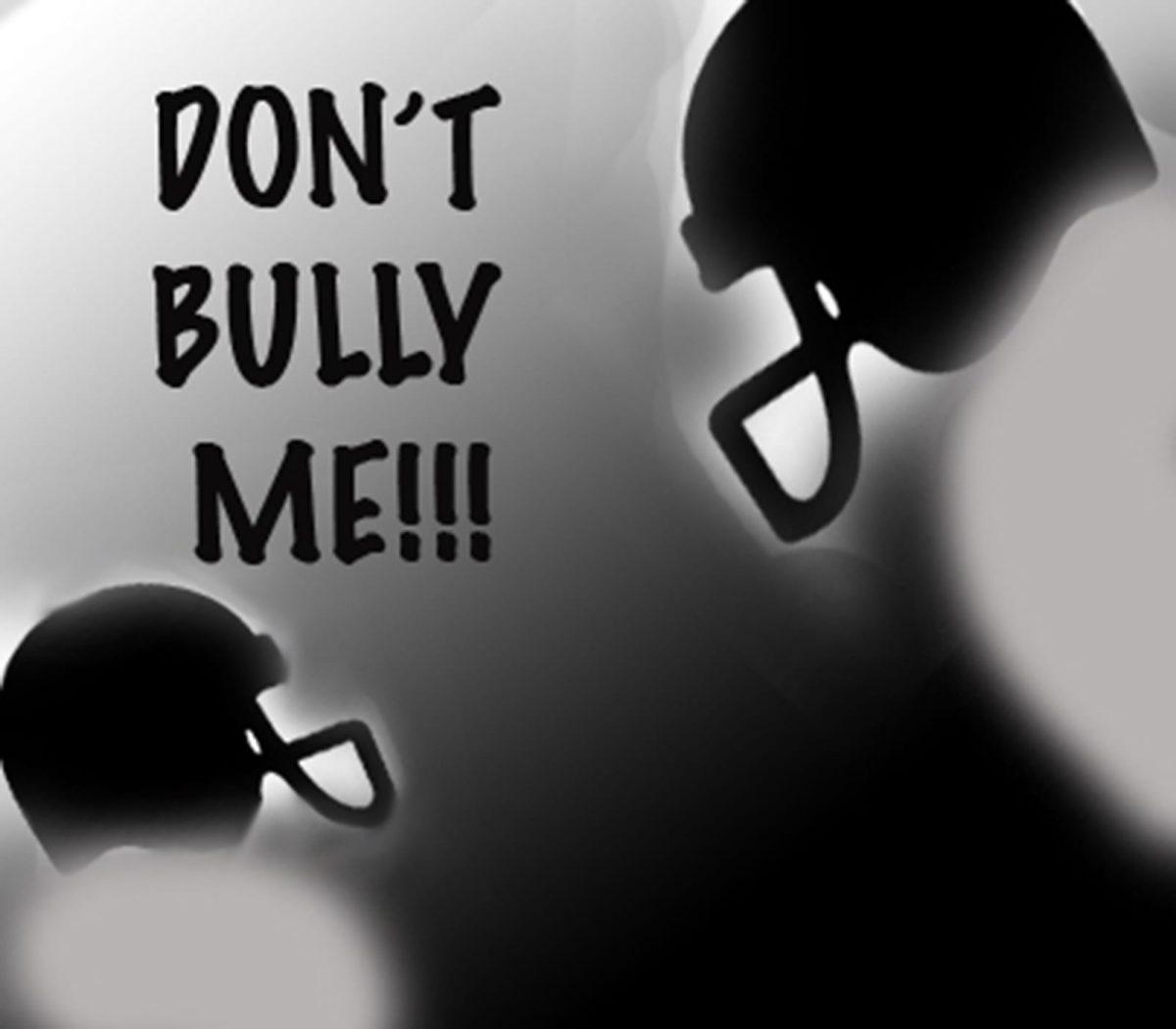Sayreville Memorial High School is pretty similar to many other high schools in New Jersey. Students trudge from class to class and then scurry off to participate in their various chosen reprieves from the academic onslaught. Maybe this decompression comes from acting in a play, writing poetry or, for many, exerting oneself physically with a group of like-minded peers through a sport.
People are entitled to this kind of release. It’s a pure, honest means of finding a bit of balance in life that builds community while forging a well-rounded self. Unfortunately for the students in Sayreville, one means of escape – football – has been sullied by instances of bullying, hazing and infighting among teammates.
High school freshmen, as a general group, are impressionable. Because of their malleable minds, it is not a huge leap to assume these students, who are fourteen or fifteen years old, are taking in their environment as they formulate a paradigm through which to view the broader world. This process is something lauded in terms of high school sports: kids are offered a small, tight-knit community to build confidence and understand how to operate in a group. The issue in Sayreville is that the football team is not a safe place for freshmen to formulate worldviews. It is where the older and more powerful are free to bully and subjugate their younger teammates, while the community looks on with ambivalence, or even worse, contempt.
Reports of hazing among the freshmen on the Sayreville football team include being held down while upperclassmen violently attack them, and being subjected to a very disconcerting, possibly sexually-charged “fondling,” where individuals were purportedly penetrated through pants with a finger. A system that allows this kind of treatment is broken. Compounding the issue, the students being bullied are seemingly encouraged to justify the beatings and the “ass-taking,” as the students call it. Investigators had difficulty ascertaining an accurate conception of events because accounts were skewed among different students. Many who experienced the hazing were willing to say that it was just a joke, or that the upperclassmen were simply messing around, while few were willing to state that they had a problem with it. These results aren’t hard to believe with the controversy regarding the case in the surrounding community and with the cancellation of football for the year, for which the freshmen are being blamed.
This case illuminates the public response to this clearly damaged football-playing subgroup. The public only sees the team when it wins games. The high schoolers enjoy seeing their points rack up and putting a little statue into a case, or perhaps hanging a banner on the wall of the gym. When they meet students from other schools, they can compare their home teams, and having the better record is a little bit exciting. Maybe these students, their families and others in the community start to become prideful and like to go cheer on the team with a two-dollar hot chocolate in hand. Then, once football is part of the local identity, the 15-year-olds joining the team aren’t just impressionable teenagers; they are a deciding factor as to whether all the football players get to proudly parade around the homecoming assembly instead of just sitting in the bleachers.
The case seems to suggest that kids joining football should be ready to weather whatever difficulties and harassment they need to, because ultimately, it is all in good fun. Finally, it is possible that these new members, fed on this idea of team-building as a necessity, will internalize the butt-grabbing as something that is always done and pass it on to the new members over whom they will have influence.
Bullying, either as hazing or other forms, is not simply damaging through the physical or emotional pain directly imparted, but also through the vicious cycle it propagates. What is most destructive is its giving people the idea that facing this kind of unjust treatment is something ever-present in a social system, because then they might just believe it.
Conlan Campbell ’18 [email protected] is from Burnsville, Minn. His major is undecided.
Graphic Credit: ETHAN BOOTE/MANITOU MESSENGER



